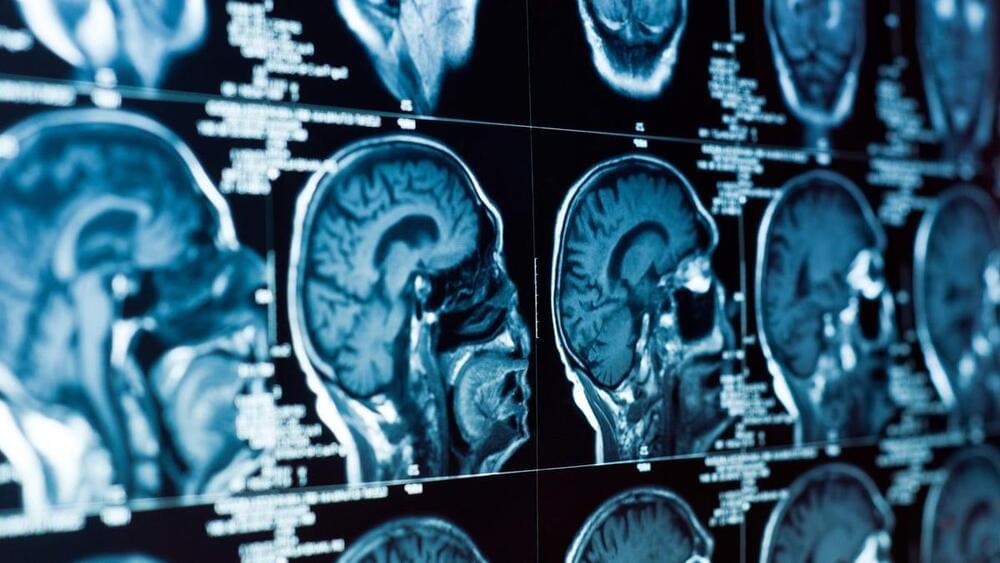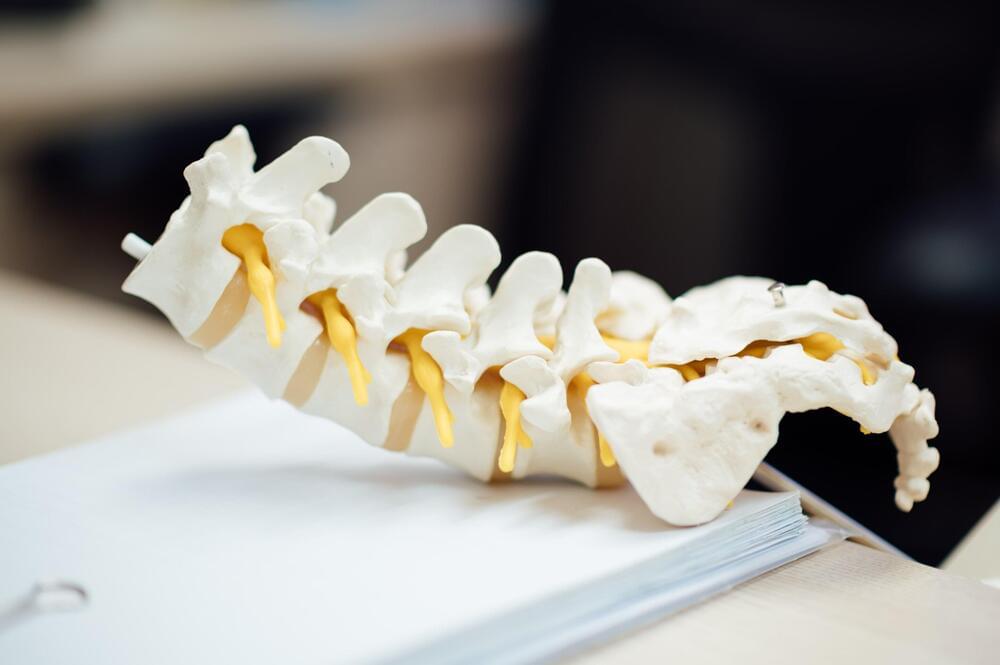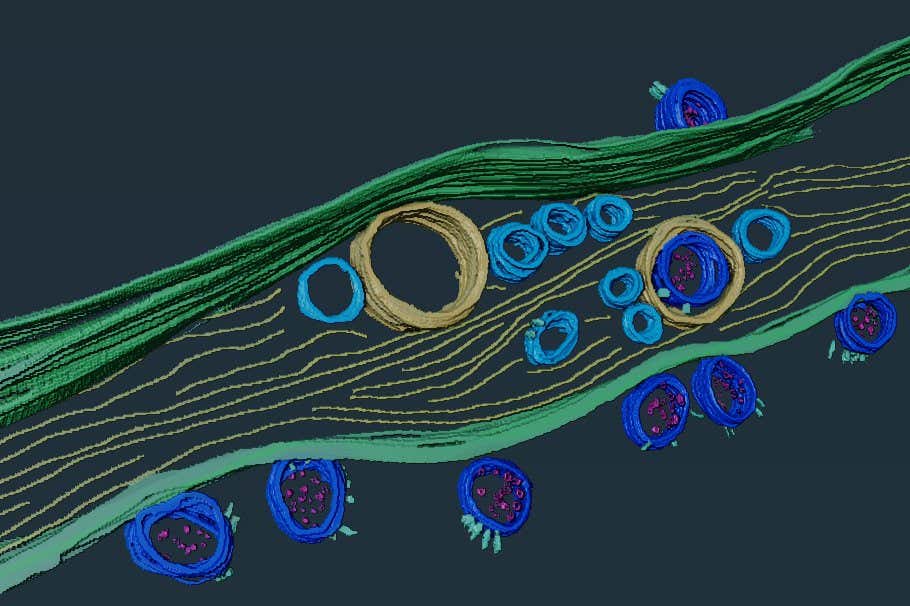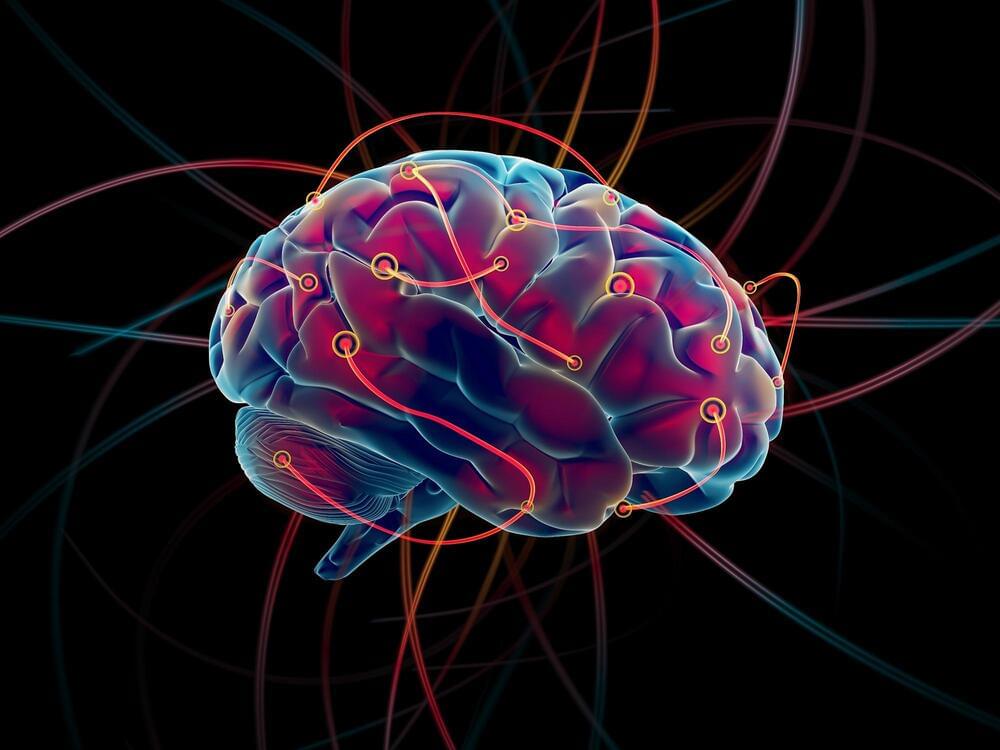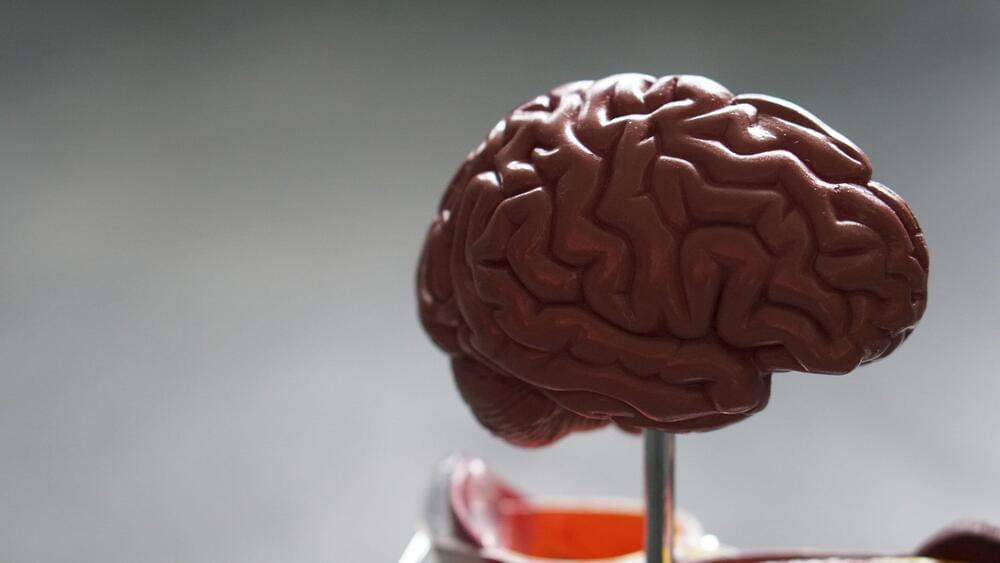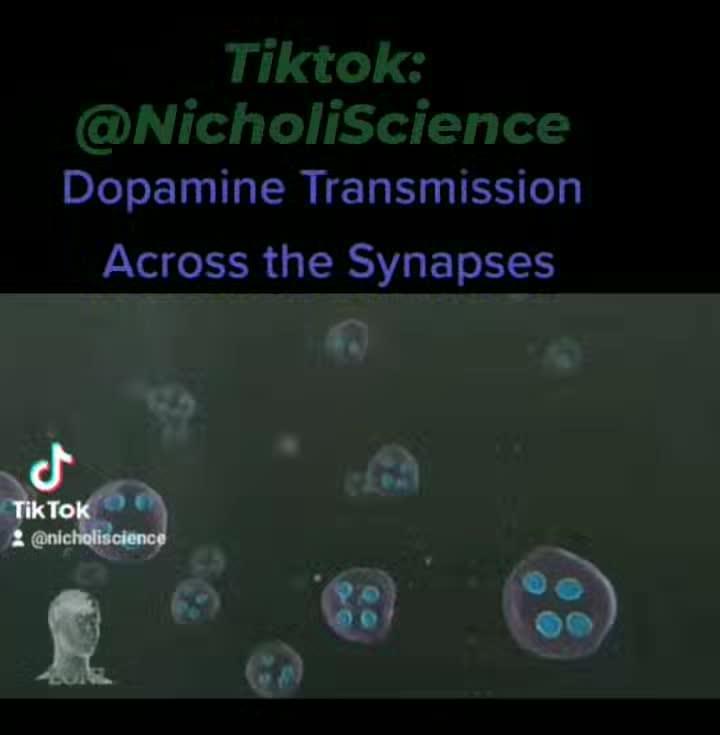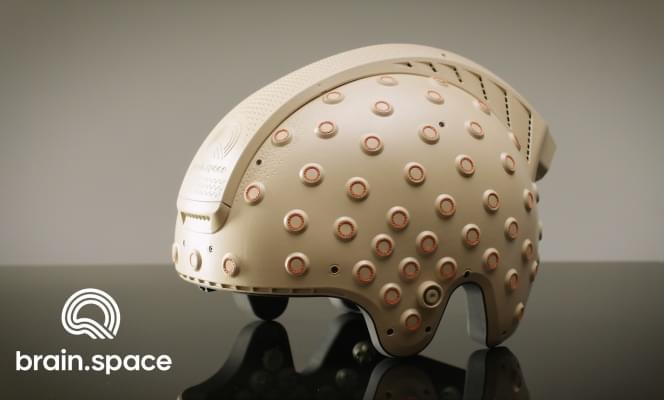Patreon: https://www.patreon.com/mlst.
Discord: https://discord.gg/ESrGqhf5CB
The field of Artificial Intelligence was founded in the mid 1950s with the aim of constructing “thinking machines” — that is to say, computer systems with human-like general intelligence. Think of humanoid robots that not only look but act and think with intelligence equal to and ultimately greater than that of human beings. But in the intervening years, the field has drifted far from its ambitious old-fashioned roots.
Dr. Ben Goertzel is an artificial intelligence researcher, CEO and founder of SingularityNET. A project combining artificial intelligence and blockchain to democratize access to artificial intelligence. Ben seeks to fulfil the original ambitions of the field. Ben graduated with a PhD in Mathematics from Temple University in 1990. Ben’s approach to AGI over many decades now has been inspired by many disciplines, but in particular from human cognitive psychology and computer science perspective. To date Ben’s work has been mostly theoretically-driven. Ben thinks that most of the deep learning approaches to AGI today try to model the brain. They may have a loose analogy to human neuroscience but they have not tried to derive the details of an AGI architecture from an overall conception of what a mind is. Ben thinks that what matters for creating human-level (or greater) intelligence is having the right information processing architecture, not the underlying mechanics via which the architecture is implemented.
Ben thinks that there is a certain set of key cognitive processes and interactions that AGI systems must implement explicitly such as; working and long-term memory, deliberative and reactive processing, perc biological systems tend to be messy, complex and integrative; searching for a single “algorithm of general intelligence” is an inappropriate attempt to project the aesthetics of physics or theoretical computer science into a qualitatively different domain.
Panel: Dr. Tim Scarfe, Dr. Yannic Kilcher, Dr. Keith Duggar.
Pod version: https://anchor.fm/machinelearningstreettalk/episodes/58-Dr–…e-e15p20i.
